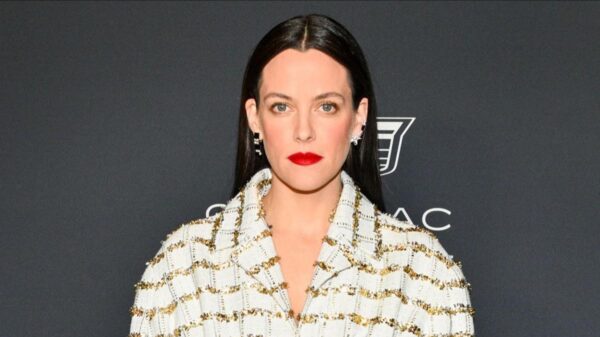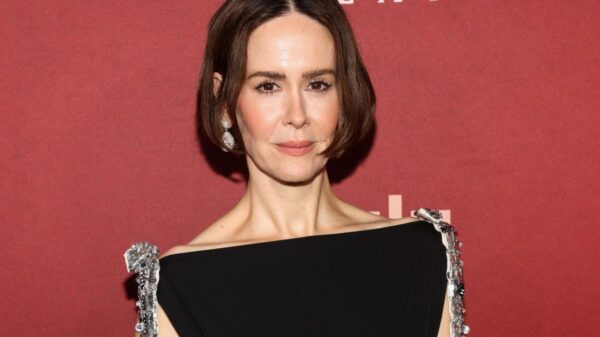Women over 50 face a growing challenge as social media algorithms increasingly dictate beauty standards and fashion advice. Daily interactions on social platforms often feature unsolicited tips aimed at helping women maintain a youthful appearance. These suggestions, such as using neck-lifting tape, raise questions about the influence of digital culture on self-image and societal expectations.
The Impact of Algorithm-Driven Advice
The rise of social media has transformed how beauty and fashion advice is disseminated. Traditional glossy magazines, once the primary source of style guidance, have largely been replaced by algorithm-driven recommendations. This shift has led to an overwhelming flow of information, with platforms serving tailored content based on user behavior.
For women in their fifties, this onslaught of advice can feel particularly alienating. Algorithms suggest updates to personal style, urging women to embrace vibrant colors and specific trends, such as the peplum style. Yet, these recommendations often lack nuance, failing to consider individual preferences and the diverse realities of age.
The relentless push for a youthful appearance can be disheartening. As one user noted, the idea of using neck tape as part of a beauty routine is not only impractical but also reflects a narrow perspective on beauty. The algorithm, despite its ability to analyze trends, does not grasp the essence of personal choice or self-acceptance.
Redefining Beauty Standards
The beauty industry’s portrayal of aging often prioritizes unrealistic ideals, leading to a disconnect for many women. The pressure to conform to these standards can exacerbate feelings of inadequacy and anxiety. According to a report by the American Psychological Association, the constant comparison fostered by social media can negatively impact self-esteem, particularly among older women.
This phenomenon is not merely about individual choices; it reflects broader societal attitudes toward aging. As women over 50 navigate these challenges, there is a growing need for dialogue on redefining beauty standards that celebrate authenticity rather than conformity. Emphasizing diverse representations of beauty can help shift the narrative, fostering a culture that values age as an asset rather than a liability.
In conclusion, while social media algorithms continue to shape perceptions of beauty, it is essential for women to reclaim their narratives. By challenging these imposed standards, women can embrace their individuality, creating a more inclusive understanding of beauty that transcends age.


































































